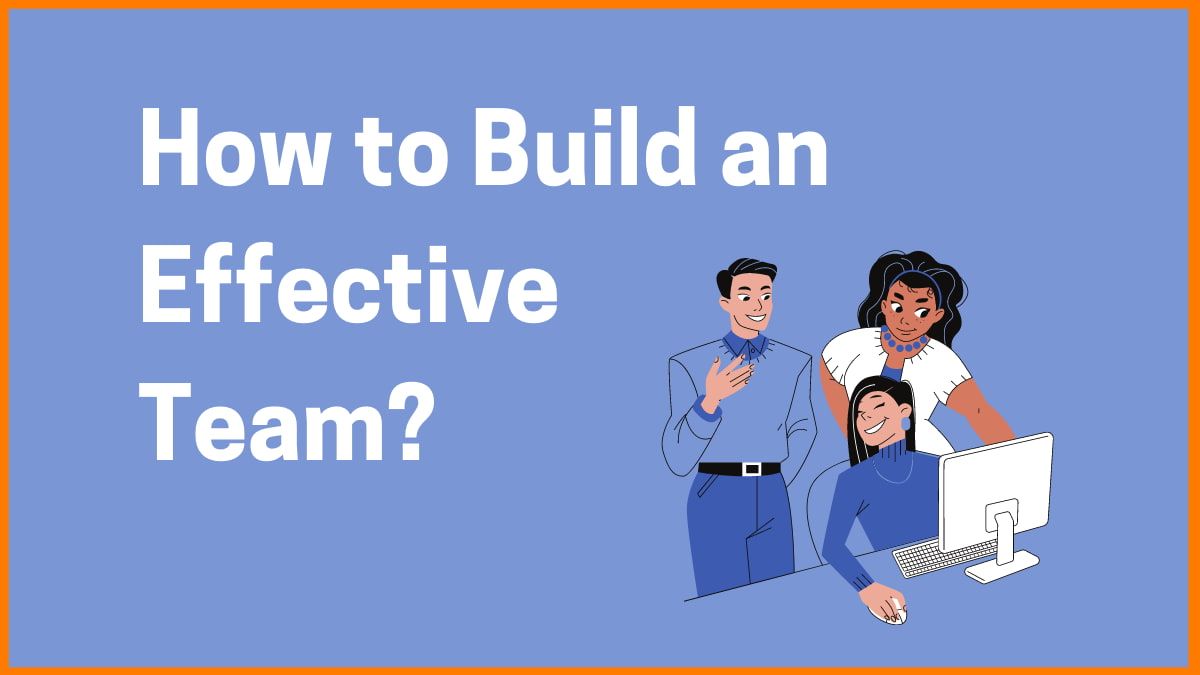preahvihearhotel.com – Building effective teams is essential for achieving success in any organization. The ability to work collaboratively and leverage the strengths of diverse team members can lead to greater innovation, productivity, and job satisfaction. This article outlines key strategies for creating and maintaining effective teams, focusing on elements such as communication, leadership, and continuous development.
Key Strategies for Building Effective Teams
-
Define Clear Objectives
Setting clear goals and objectives is the foundation of any successful team. Team members need to understand their roles and responsibilities and how their individual contributions align with the team’s overall mission. This clarity helps in focusing efforts and measuring progress effectively.
-
Foster Open Communication
Encouraging open and honest communication is crucial for team success. Create an environment where team members feel comfortable sharing their ideas, feedback, and concerns. Regular team meetings, check-ins, and the use of collaborative tools can facilitate better communication and ensure everyone is on the same page.
-
Embrace Diversity
Diversity brings a wide range of perspectives and experiences to a team, enhancing creativity and problem-solving capabilities. Encourage diversity in hiring and foster an inclusive culture where all team members feel valued and respected. This approach not only improves team dynamics but also leads to better decision-making.
-
Build Trust and Collaboration
Trust is the cornerstone of effective teamwork. Encourage team members to build trust by being reliable, transparent, and supportive. Team-building activities and collaborative projects can strengthen relationships and foster a sense of unity and mutual respect among team members.
-
Provide Strong Leadership
Effective leadership is vital for guiding teams towards success. Leaders should inspire and motivate their team, set a positive example, and provide guidance and support when needed. Good leaders also empower their team members by delegating responsibilities and encouraging autonomy.
-
Encourage Continuous Learning and Development
Invest in the continuous development of your team members. Provide opportunities for training, skill enhancement, and career growth. Encouraging a culture of learning not only improves individual capabilities but also enhances the overall performance and adaptability of the team.
-
Utilize Technology and Tools
Leverage technology to improve team efficiency and productivity. Utilize project management tools, communication platforms, and collaboration software to streamline processes and enhance team interactions, especially in remote or hybrid work settings.
Conclusion
Building effective teams is an ongoing process that requires commitment and strategic planning. By focusing on clear objectives, open communication, diversity, trust, leadership, continuous learning, and the right tools, organizations can create teams that are not only high-performing but also adaptable to changing environments. These strategies are key to unlocking the full potential of teams and driving success.
